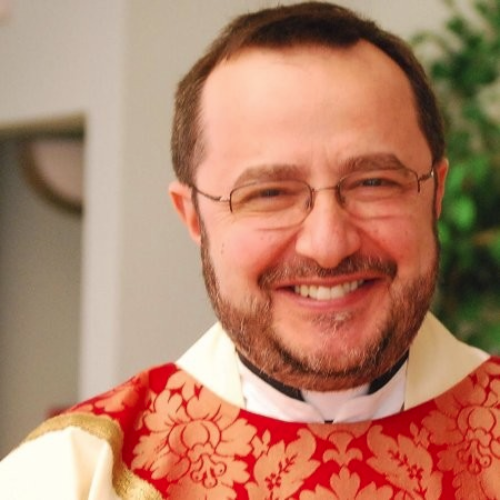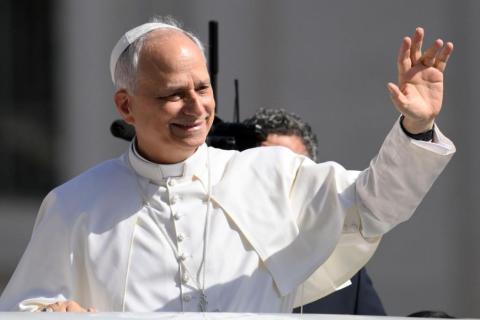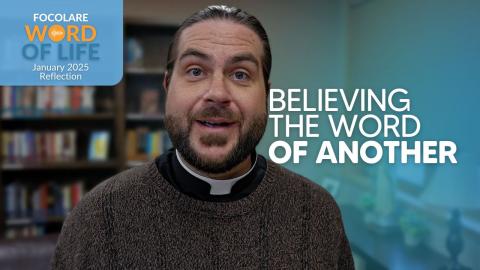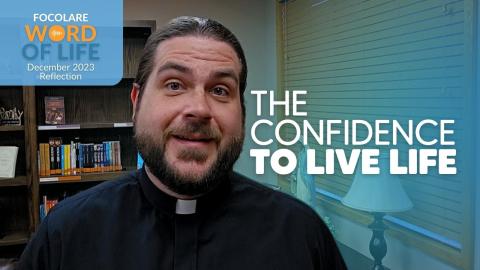
Photo by Susanne Janssen
I find the words of 2 Cor 13:11 incredibly challenging. The more I reflect on them and study this letter, the more I understand what Paul wanted to do; I feel his challenge as my own. I, too, am invited to work concretely toward the unity of my family, my community, and my Church.
This was a big issue for the Corinthians. It was Paul’s love for them that motivates him to face the threat of disunity that some members were creating by challenging his authority as disciple of Jesus.
I find the same situation in the Church today, and my heart breaks as his did. There are many contrasting and challenging voices that create confusion and disunity. Some are raising valid points, but I fear that many others are simply disagreeing with the Church because things are not done as they like.
The sin of creating disunity is seldom talked about, but it’s a serious threat that needs to be dealt with. I have seen parishes devastated by the disunity that some people have created in imposing their views—whether in matters of liturgy or of practices—onto the whole community.
Paul helped the Corinthians by reminding them they are a Church, the body of Christ that is lived out both locally and universally (1:1). They cannot consider themselves as “other” from the rest of the body.
Some local churches consider themselves to be “conservative/traditionalists” while others “more progressive.” These distinctions make no sense and they hurt the Church as a whole.
Paul is inviting us to be concrete in our actions: they must lead to the building up of the community’s unity.
First of all, let us rejoice because we know that this Church belongs to Christ. Then, our love for the community must inspire us to make sure that our opinions are always formed and informed by the Gospel.
Once we are grounded in the Word, we can be consoled by it as we extend encouragement to others (interestingly, the Greek word translated into English as “encourage” one another is parakleisthe, which is what Jesus called the Holy Spirit, the Paraclete).
Paul wants all of us to be focused on the Gospel so that we can agree with one another, to think the same thing—that God loves each one of us immensely!
Having the same mind will generate a harmonious lifestyle that will allow God to establish the presence of Jesus in our midst—which Paul also talks about in this letter. This abiding presence of Christ both in us and in our relationships can generate in us a sense of peace and love.
More than just an invitation to be nice to one another, these words challenge us to become more wholesome so that what we think, what we say and what we do is shaped by the Gospel and generates unity all around us.











